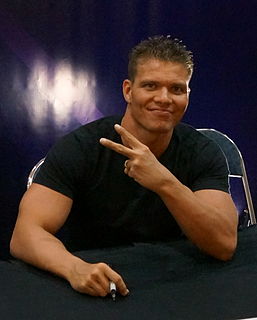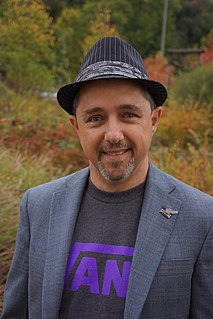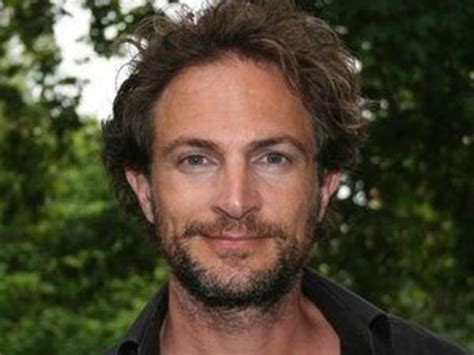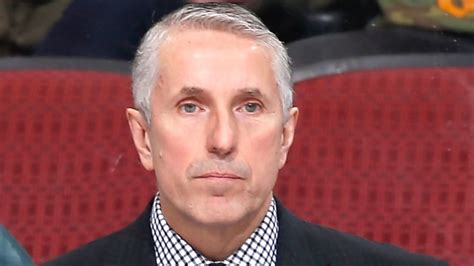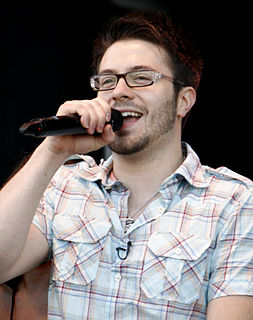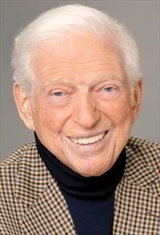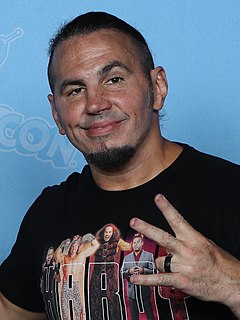A Quote by Tyson Kidd
You know, if you read a book, once you get to chapter five and stuff starts stepping up, it doesn't mean chapters one to four didn't happen. They happened, but now we're on the next chapter, and that's how I'd like to be perceived.
Related Quotes
What I do usually is read the book first, for pleasure, to see if my brain starts connecting with it, as a movie. And then, if I say yes, I read it again, only this time I take a pen and, inside the book, I say, "Okay, this is a scene. I don't need this. I'm going to try this. I'm not going to take this." And then, I use that book like a bible and each chapter heading, I write a menu of what's in that chapter, in case I ever need to reference it. And then, I start to outline and write it. I get in there and it starts to evolve, based on having re-read it again.
And if I really can see the future, then what does it mean? Is there any sense in our lives if everything is already out there, just waiting to happen? For if that were so, then life would be a horrible monster indeed, with no chance of escape from fate, from destiny. It would be like reading a book, but reading it backwards, from the final chapter down to chapter one, so that the end is already known to you.
The Next Chapter in the Book of Hope: "Gaining New Hope Hearing Aids" As I was with the Lord in the "Classroom of Useful Information," the Lord began to share from the second chapter of the "Book of Hope." This chapter taught about the right, hopeful "Hearing Aids" that would enable His Hope Craftsmen to hear His voice and become a company of hopeful Kingdom hearers.
The two mistakes that come to mind are people who introduce a flood of characters in the first few pages. Where the reader has to stop and get out a flow chart and has to figure out who is who. And you just can't do that - introduce the first four generations of a character's family in the first chapter. You can introduce four or five characters at the most in the first chapter. Another mistake is to use big words that are not normally used in conversation to try to impress folks with your vocabulary.
